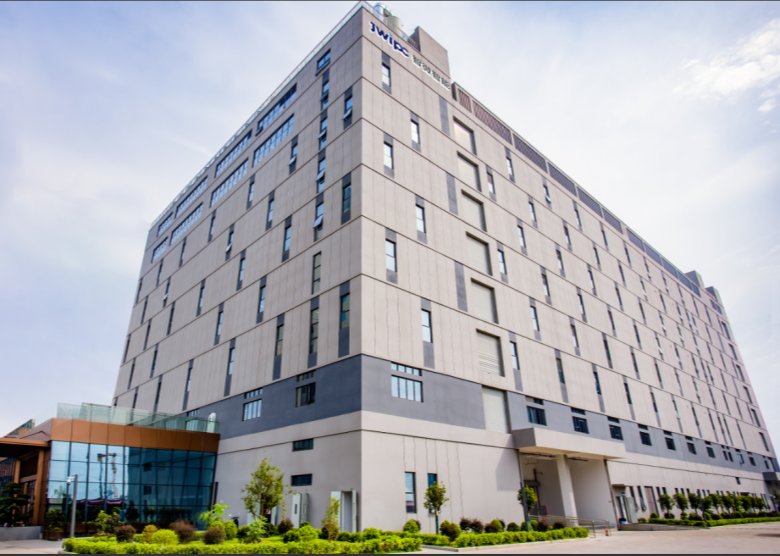Industrial PC

Creating A Smarter World
JWIPC offers tailored solutions covering everything from product definition to software and hardware development, supported by our experienced senior product engineers.
Online Message
The professional consultant will call for feedback within 1 working day. Please be patient and wait